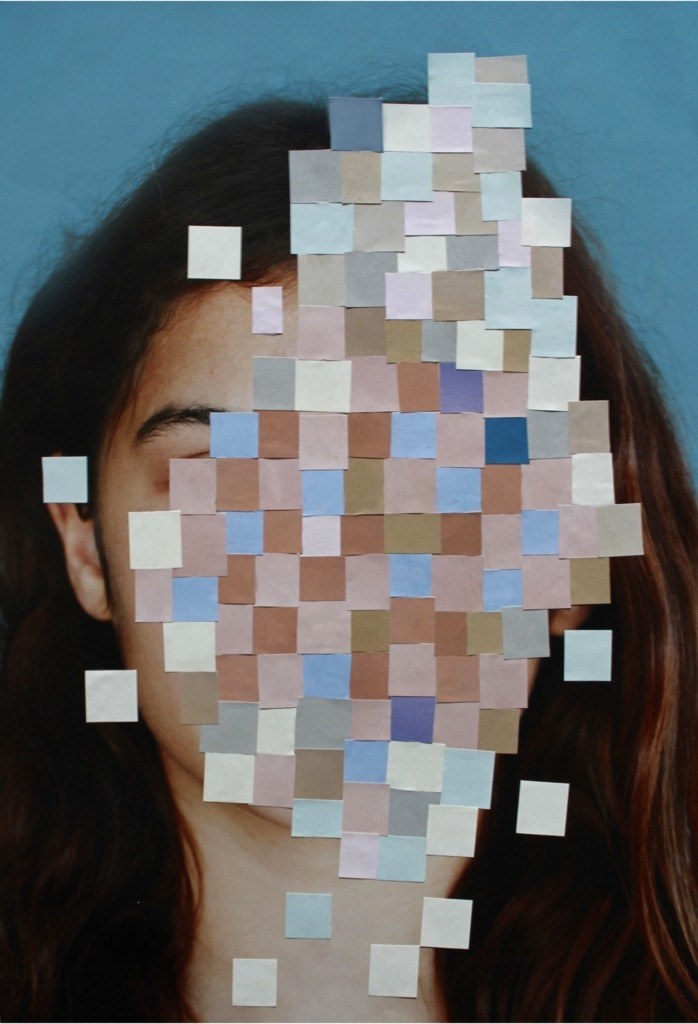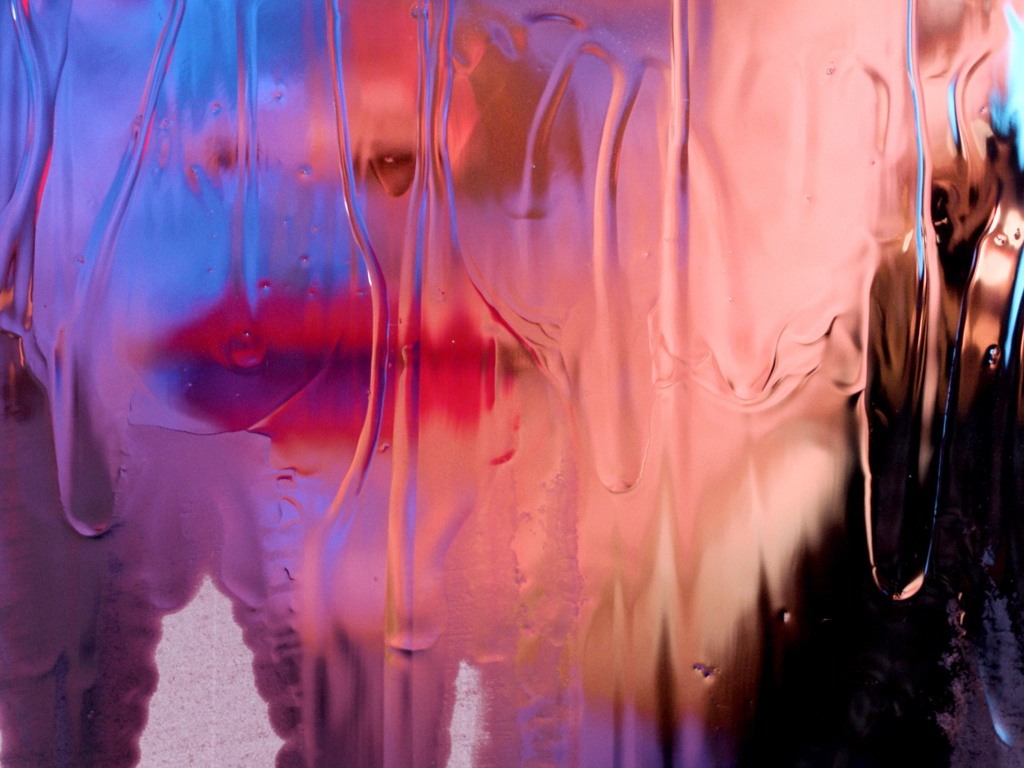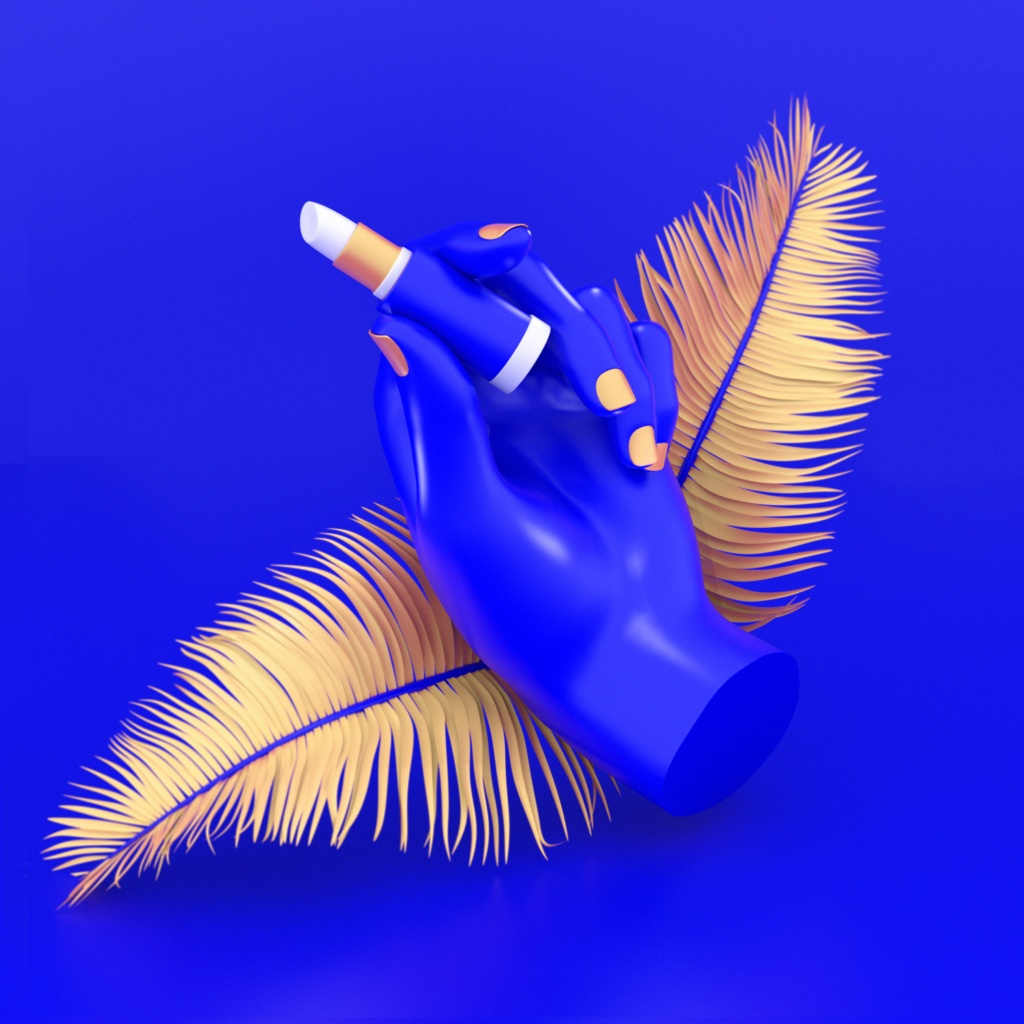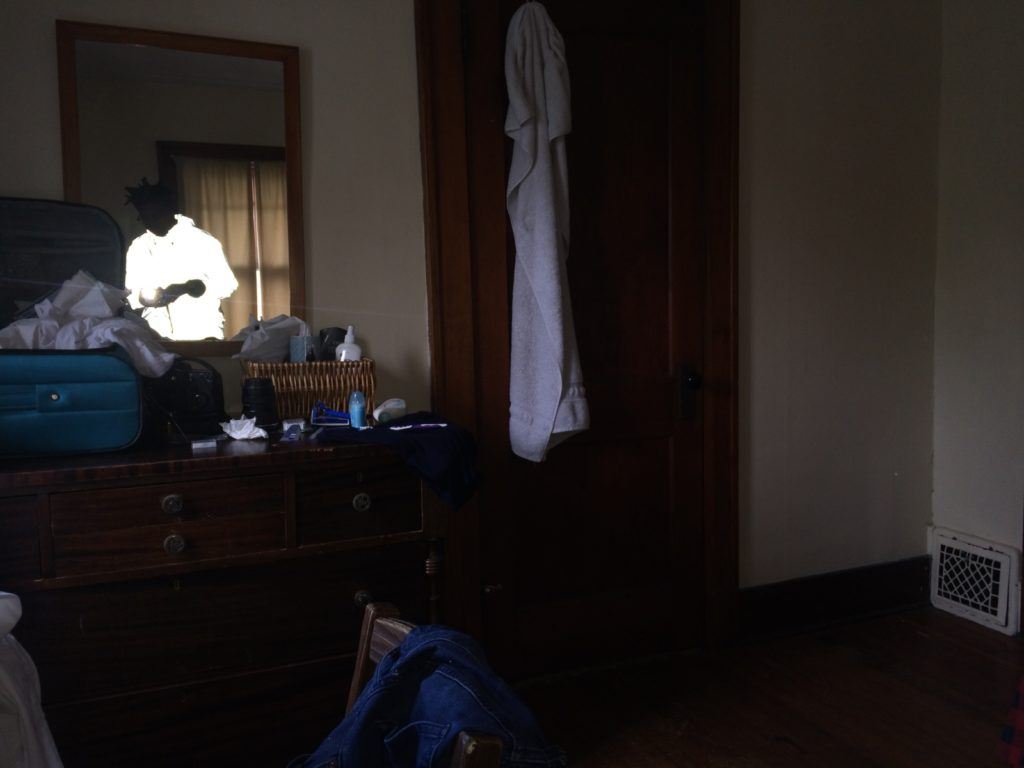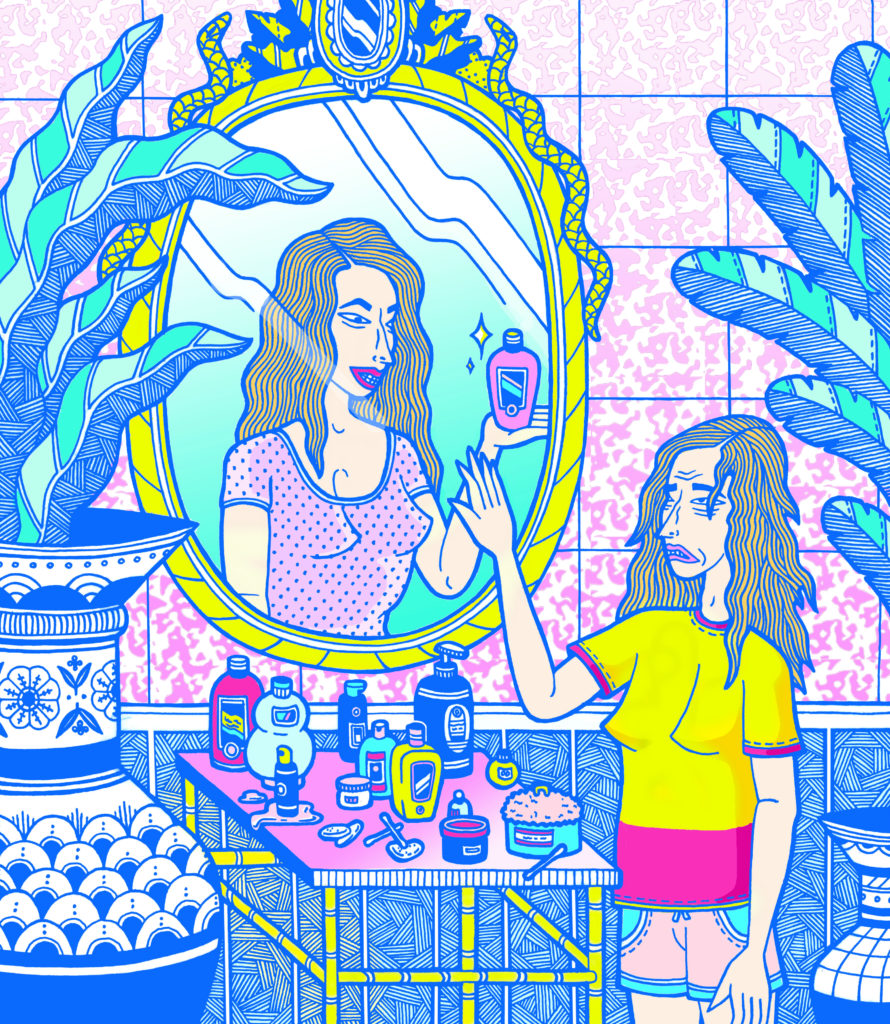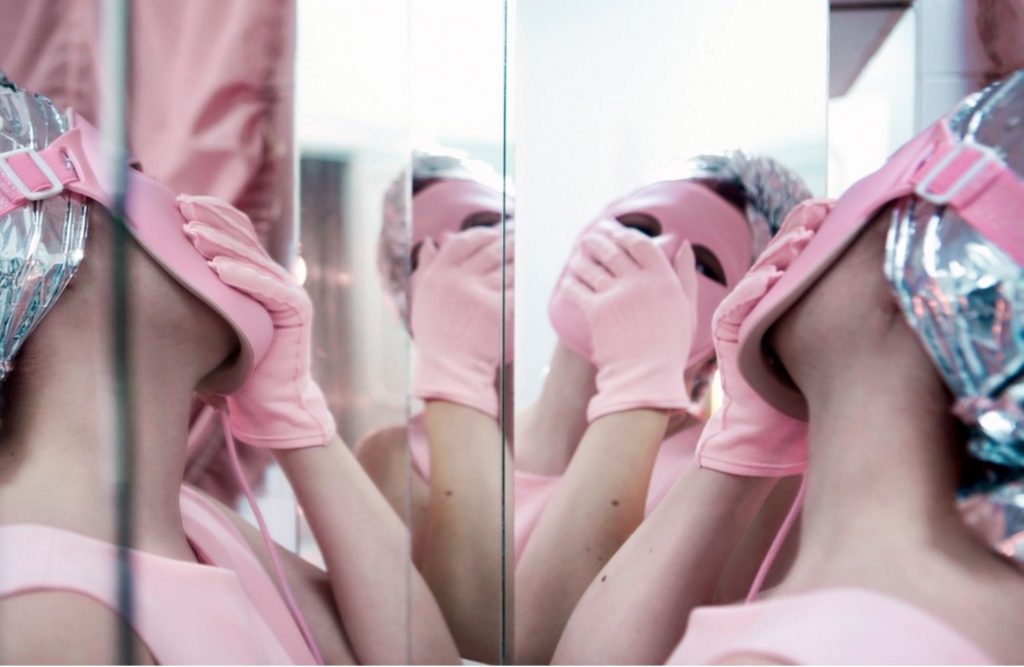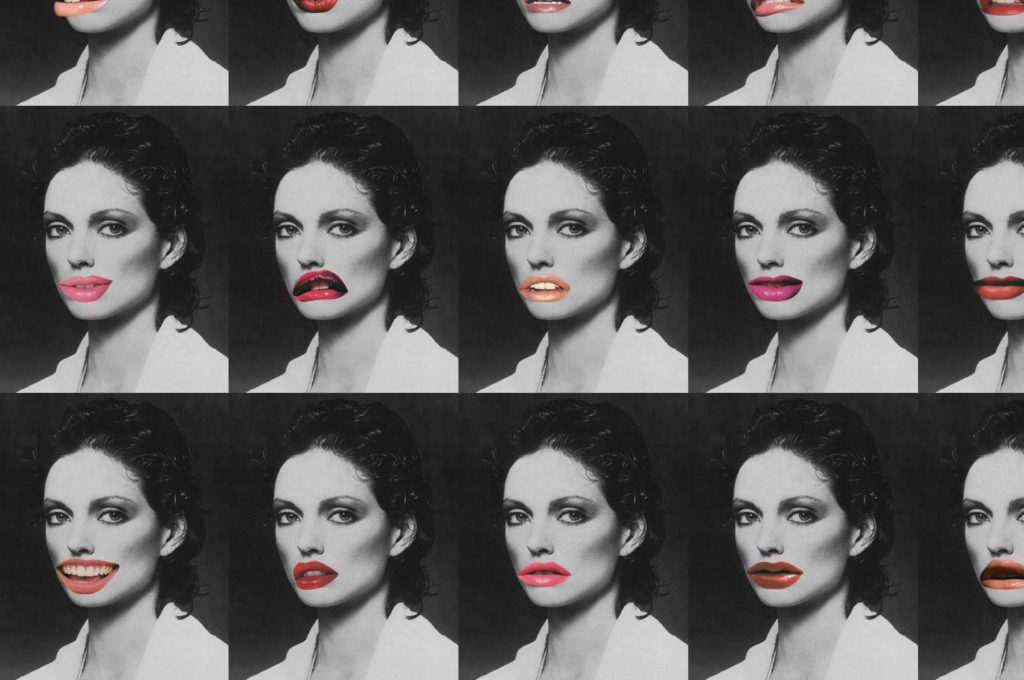Topics
Beauty
How digital media influence and determine our physical ideals
White Balance
Beauty filters like “Belle” are praised for providing better representation. But the underlying technologies are historically steeped in bias, which raises the question: Is this sort of representation desirable in the first place?
The World’s Most Beautiful Brush
Beauty technologies are often judged by their results. Like other tech gadgets, however, their meaning lies as much in their designs, their histories, and the performance of their use. Beauty can be thought of as a process, not an end — the opposite of optimization.
Glow Aesthetics
Ubiquitous cameras are changing the meaning of makeup, which is being used to enhance how we look in images and not in the flesh: Our image on a screen is increasingly how we “really” look to other people, leading to new ways to augment our self-presentation. Social media feeds teem with neon, shimmers, chrome, filters, and glow.
Immaterial Girls
Digital beauty brands like Glossier, which promise to merely enhance one’s face as it is, sell an aesthetic of “effortlessness” that obscures the labor that creates it. Pretending neutrality, these brands sell an image of the supposed “real girl” that is painfully class- and race-specific.
The Beautiful Ones
For people marginalized by white supremacist beauty standards, online communities create space for self and collective affirmation. These channels don’t change the oppressive nature of beauty politics, but they hold the possibility of aesthetics as a healing practice.
The Scrying Game
Anxiety is a constant, quiet theme in beauty vlogs, usually appearing as its socially acceptable avatars: the perfectionist, the neat freak, the homebody. More than makeup techniques, these videos demonstrate the private ritual of making oneself up — not for an outside gaze, but as a means to ward against it by finding comfort in one’s own reflection.
Monster Tuck Rally
Plastic surgery “victims” are portrayed as modern monsters, reflecting viewers’ anxieties around beauty and its connection to wealth and status. That anyone could want to look “botched” delivers the uncomfortable message that technology defines and redefines beauty standards.
In the Eye of the Coder
Most of us have wondered how objectively attractive we are, as if an answer could be obtained. Beauty scoring apps tempt us with a “correct” assessment. They work best when their results are absurd, offering a respite from human judgment that we can reject.
